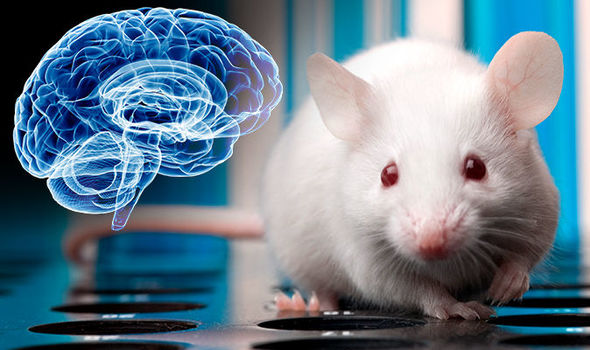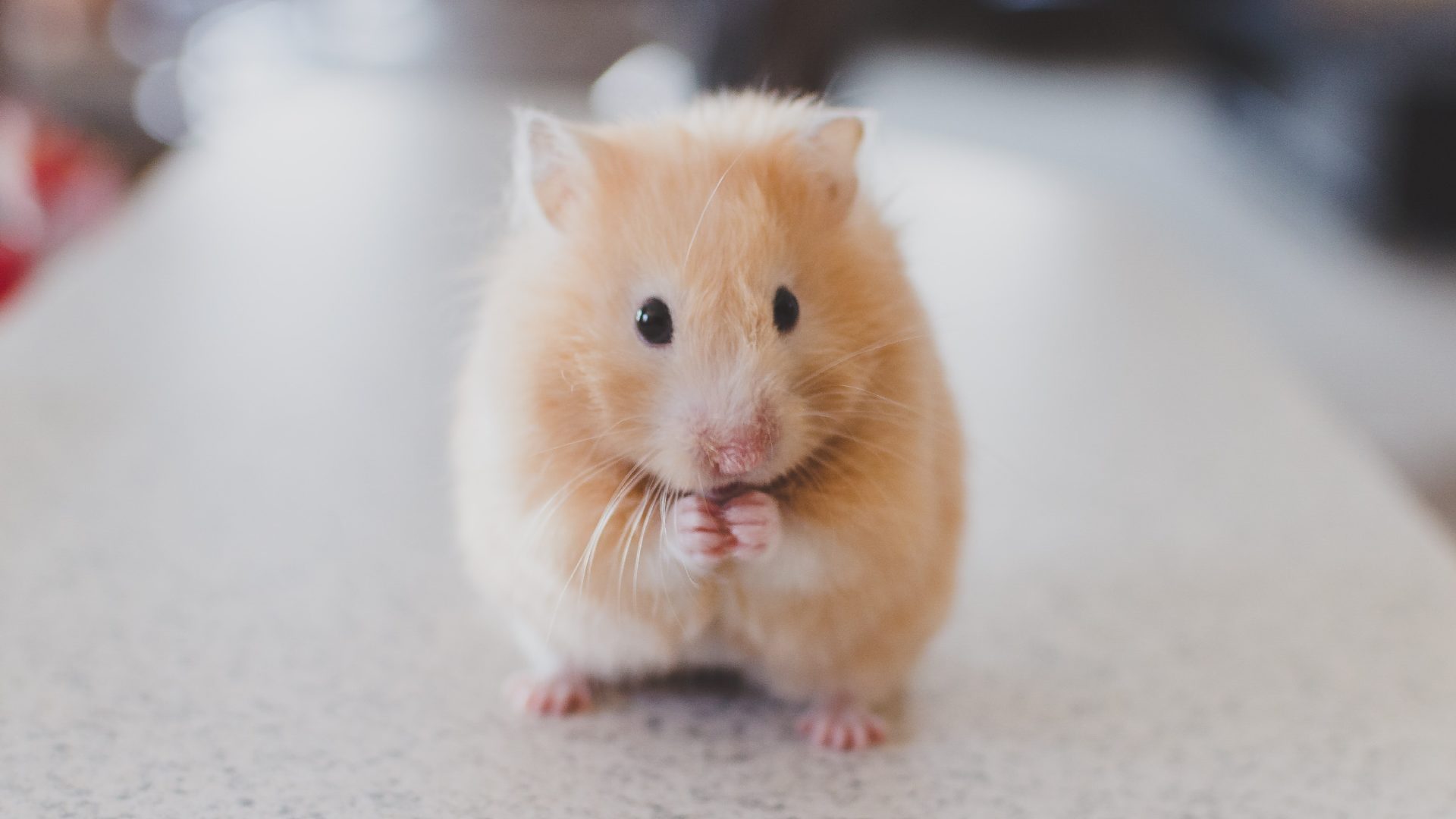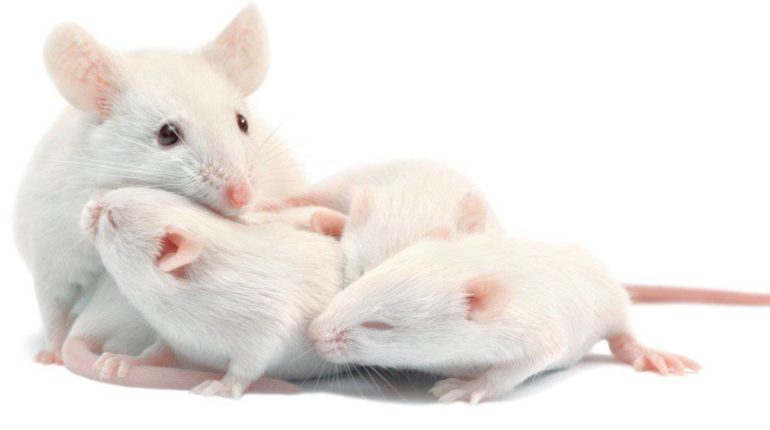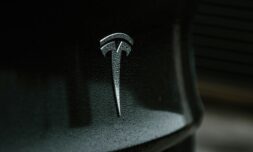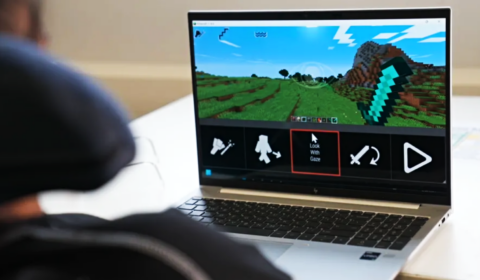Researchers at Stanford University are reversing symptoms of Alzheimer’s in mice using a strange tactic – they’re infusing elderly mice with spinal fluid from younger ones.
Many medical breakthroughs that benefit humans are discovered by conducting trials on mice.
Though we look nothing alike, almost all the genes found in mice have similar functions to genes in humans. We get diseases for the same reasons, meaning scientists can study illnesses closely in mice to understand how they manifest in us.
One disease that has evaded scientists for decades is Alzheimer’s. Its commonality increases with age, affecting 1 in 14 people over the age of 65. But early onset Alzheimer’s is prevalent too and 1 in 20 people with the disease are below the age of 65.
Extensive research has suggested that this type of memory loss is a result of age-driven changes to fluid that surrounds both the brain and spinal cord.
This has led scientists to question: could injecting youthful brain fluid into old mice’s brains help cure their forgetfulness?
It sounds weird, but apparently so.
